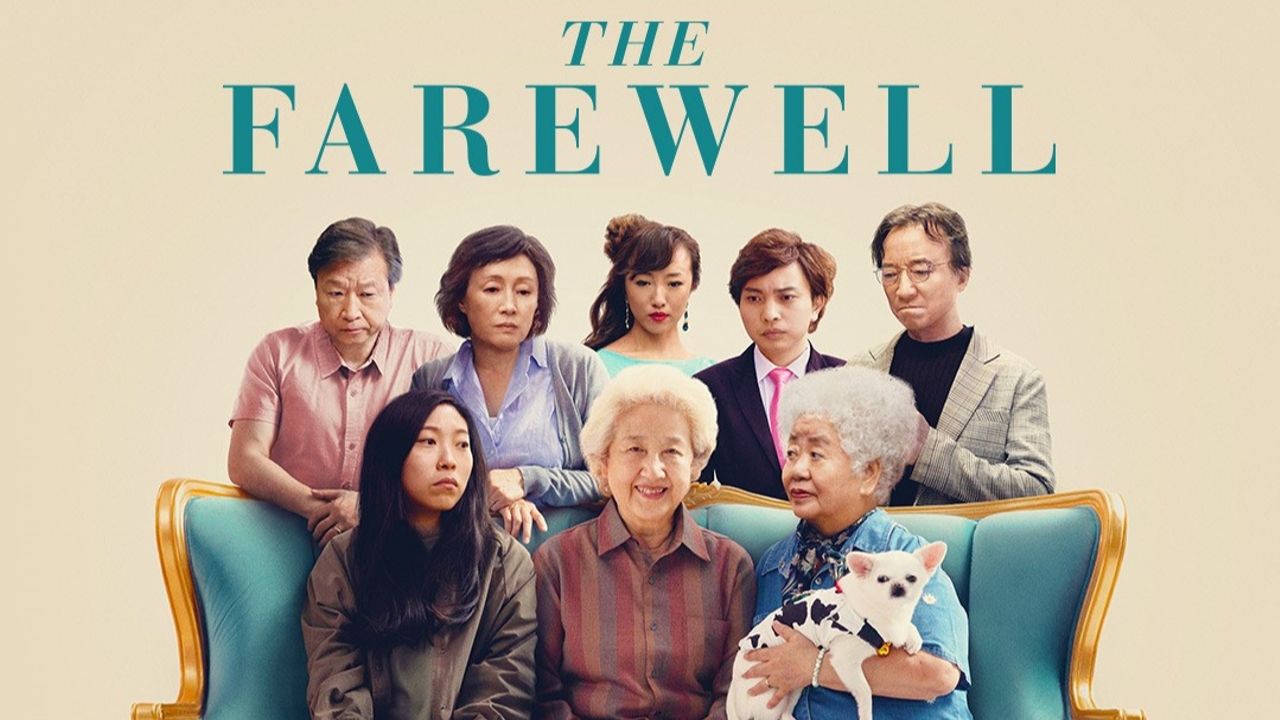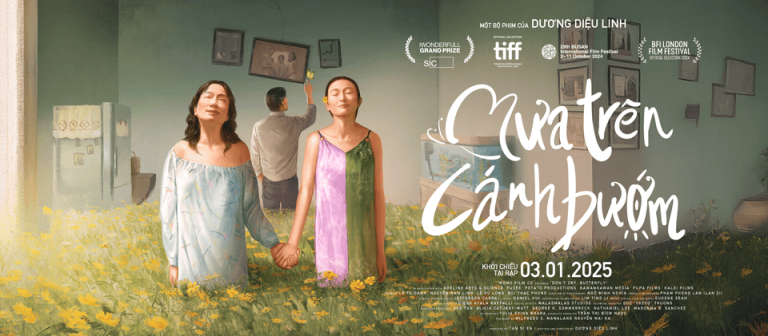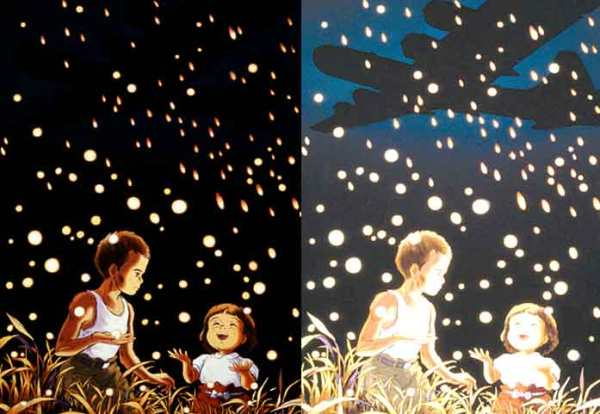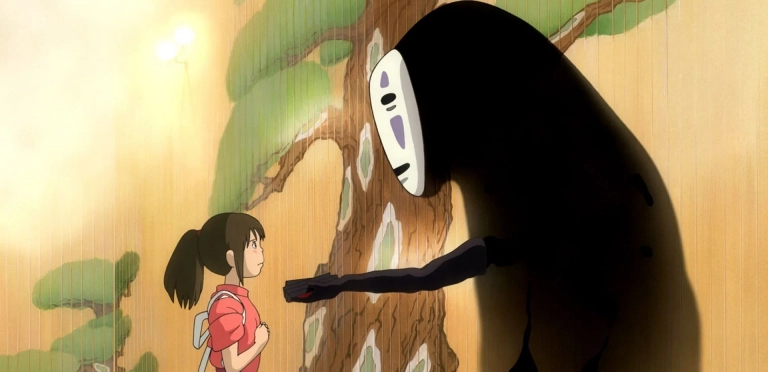Family is a cornerstone of East Asian culture. Unlike in the West, where children often live separately from their parents, in the East, from ancient times to the present, it’s common to see households spanning three generations—grandparents, parents, and children—living together under one roof. In some cases, you might even find four or five generations coexisting harmoniously.
Yet, amid the waves of globalization and the pervasive influence of modern technology, the tightly knit family foundation of East Asia is slowly eroding and cracking. More and more young people are embracing a free-spirited, independent lifestyle akin to Western ideals—studying abroad, settling overseas, or moving to distant cities far from home to live and work. Another factor widening the gap in family bonds is the clash of ideologies: the parents’ generation differs in thinking from the grandparents’, and the children’s generation diverges even further from their parents’. These deeply rooted beliefs are shaped by the social context of each era, so it’s no surprise that today’s youth increasingly adopt mindsets and lifestyles that set them apart from those who came before.
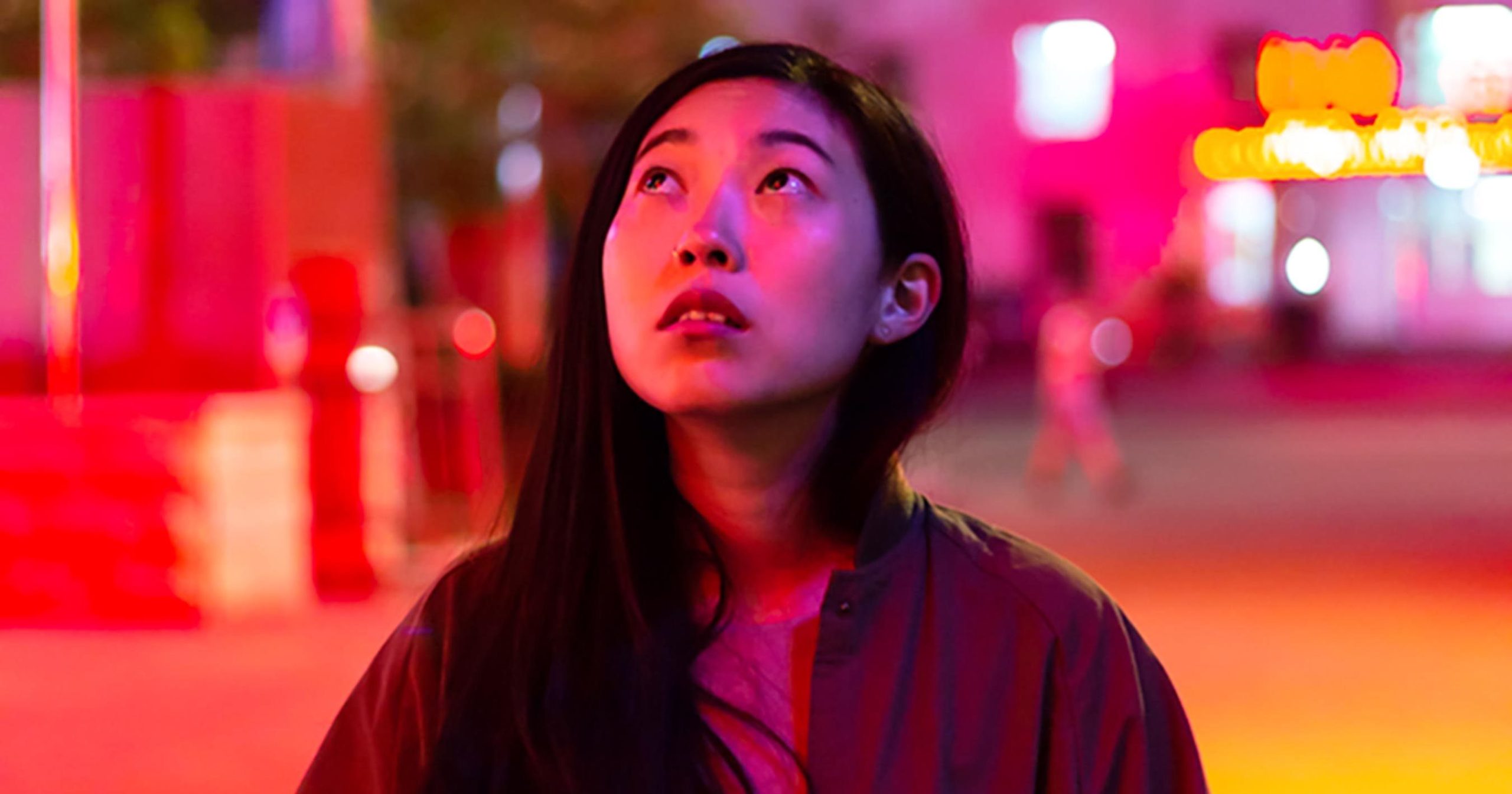
It’s against this backdrop that The Farewell (translated as “The Goodbye”) emerges. As Tet arrives and spring blossoms, let’s take a moment to sit down and watch this heartwarming, touching film—a chance to see reflections of ourselves, our families, and our relationships with our parents and grandparents within its story.
A Family Scattered Across the Globe
The movie opens with Billie, a Chinese-American girl living with her parents in the U.S., receiving news that her grandmother back in China has been diagnosed with terminal cancer and has only three months left to live. The extended family decides to keep it a secret from her, using the pretext of a grandson’s wedding to bring everyone together. In truth, it’s their last chance to visit and spend time with her.
The Farewell mirrors a modern societal trend—not just in China but across East Asian countries like Vietnam—where family members scatter far and wide, building their own lives and raising families distant from the grandparents back in their hometowns. In the film, Billie’s grandmother has three children, each heading a separate family: Billie’s family in the U.S., another in Japan, and a third still in China.
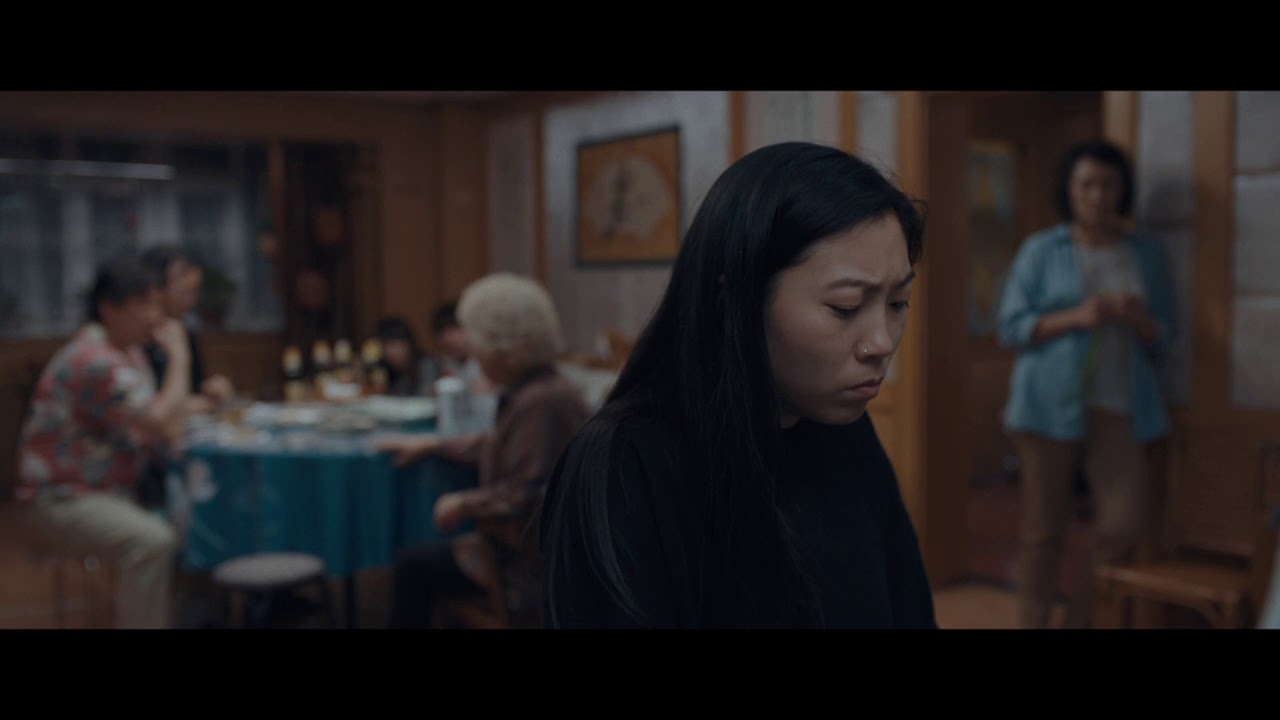
Clashing Ideals Across Generations
Throughout the movie, the characters and their families constantly grapple with ideological conflicts. The tension peaks during a family dinner when Billie’s mother and her aunt in China clash over lifestyle choices. The aunt believes that moving to America should lead to quick wealth and that life should revolve around prosperity. Billie’s family, however, prioritizes letting their children pursue what they love. This encapsulates two starkly opposing viewpoints prevalent today. It’s a familiar scene in East Asian households, where parents often push their kids to excel academically, secure high-paying jobs, and amass wealth. In contrast, families exposed to Western ways tend to adopt a more open-minded approach, encouraging their children to chase freedom and happiness in whatever path they choose.
A story highlighting Western ideals of freedom comes when Billie’s mother recalls their early days in America. At a church, young Billie longed to play the piano she saw there, but her father stopped her, explaining that since moving to the U.S., they could no longer afford lessons like they could in China. Overhearing this, the pastor fetched the church keys, handed them to Billie’s family, and told them to come play whenever she wanted.
For Billie’s mother, America—and the American Dream—symbolizes freedom, a place where people can truly be themselves. But Billie, who grew up in the U.S. and is now in the prime of her working years with a mature understanding of society, sees it differently:
“But America isn’t always like that church. They have plenty of problems—gun violence, expensive healthcare…”

No Perfect Society
Indeed, no society is flawless. In East Asian countries, stability, peace, and accessible healthcare are prized, allowing people to live calmly from birth to death. It’s why Billie’s grandmother insists, “No matter what, don’t badmouth China. Don’t forget you’re still Chinese.” For her generation, nothing surpasses the homeland, and they feel a duty to remind their children and grandchildren—wherever they go or whatever they do—to honor their roots, a sentiment Western culture doesn’t emphasize as much. Isn’t that why ancestor worship, family reunions, and spiritual traditions hold such weight in Vietnamese life and East Asian culture at large?
During the same debate, Billie’s father remarks, “At this point, we’re basically Americans,” referring to their U.S. citizenship and settled life. America, for many immigrants, is a dreamland where a green card can change your fate, something Billie’s family takes pride in. Yet her uncle, whose family lives in Japan with a son about to marry a Japanese woman, counters, “I’m still Chinese, no matter where I live or what my passport says.” It’s a thought worth pondering, especially for those of us far from home. It’s not about right or wrong—it’s about identity and perspective.
This dinner-table exchange reminded me of the film Blood Moon Party. But while that movie ramps up drama and conflict for entertainment, The Farewell opts for a quieter, more profound approach. It’s relatable and thought-provoking, weaving not just personal stories but an entire societal tapestry, making it all the more moving.
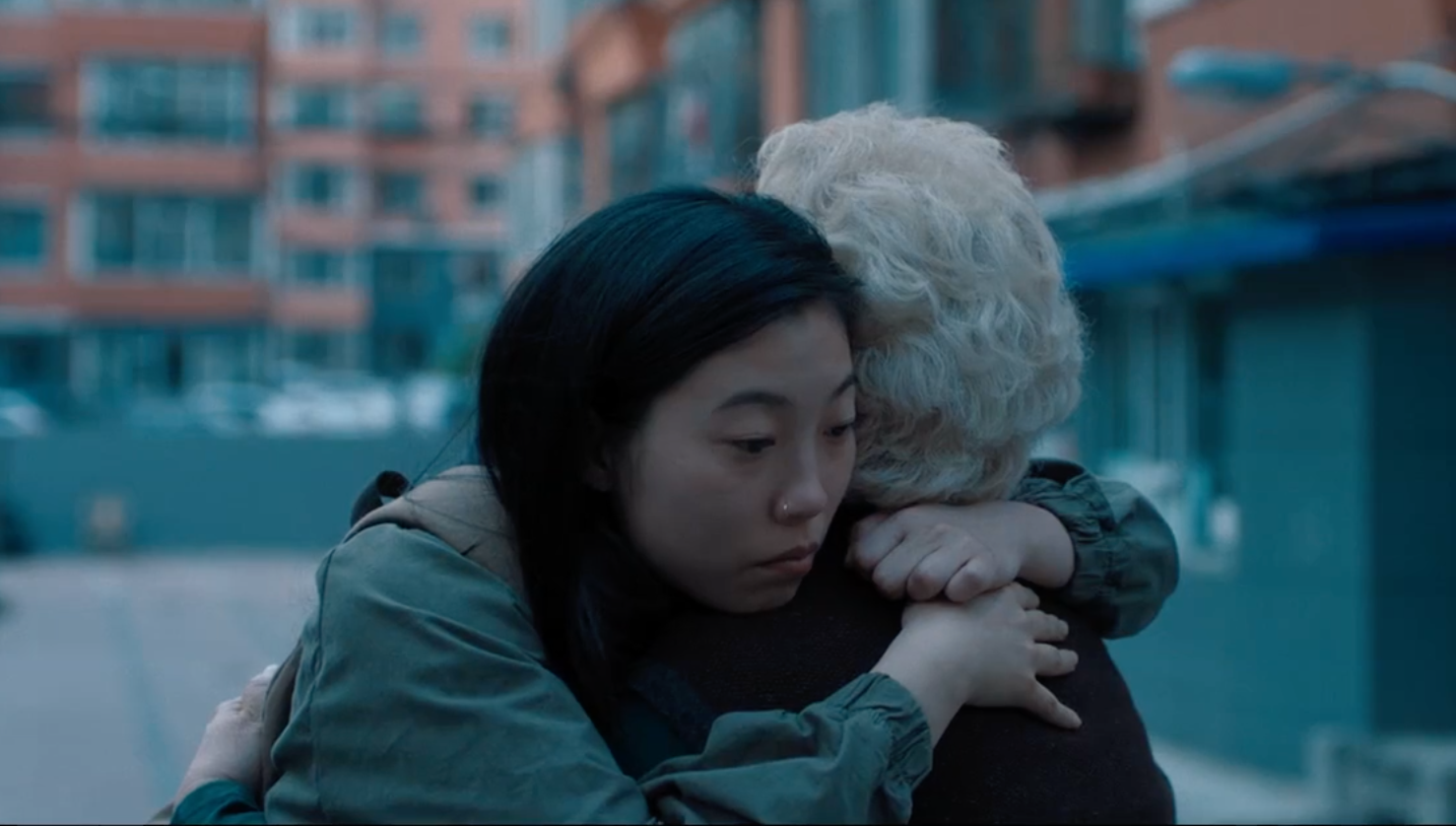
The “White Lie” of East Asian Compassion
Another East-West divide surfaces when the family takes the grandmother to the doctor. Billie meets a young Chinese doctor who studied in the UK. He and the family tell the grandmother she has pneumonia instead of cancer. Billie can’t understand why they won’t tell her the truth—after all, in America, honesty is the norm. To her, lying feels like betrayal, and seeing her grandmother’s cheerful optimism only deepens her pity, knowing she’s unaware of her looming fate. But in China—and much of East Asia—concealing terminal diagnoses like cancer is common. They call it a “white lie”—a harmless deception for a good cause. The Eastern mindset holds that if a cure isn’t possible, it’s better to let loved ones live their final days in peace, free of worry, surrounded by family. Some even believe optimism can heal, which is why many East Asian families hide the truth from the sick.
Beyond debates, the film’s moments vividly capture Billie’s perspective on Eastern traditions—strange and illogical, at least to someone raised abroad. Take the scene where the family visits the grandfather’s grave: relatives wail beside a tombstone for someone long gone. Or when Billie’s grandmother speaks to the departed, praying for blessings on her descendants. To those influenced by Western culture or atheism, these acts might seem pointless. I’m an atheist myself, but watching this, I see it as more than superstition—it’s a cultural ritual, a heartfelt tradition showing the living’s devotion to their ancestors and loved ones who’ve passed.
Love Beyond Differences
Despite the endless ideological clashes, there are scenes of pure joy and warmth in the grandmother’s final days with her family. She innocently reminds her children to care for themselves, asking her grandkids if they’re tired, healthy, or happy. At their core, grandparents and parents always think of their kids’ well-being. Even if their ways seem outdated or stubborn, it all stems from love. Then there’s the wedding feast for A Bao, the son of the Japan-based family. The whole clan gathers—eating, laughing, and playing games together.
Yet woven into these happy moments are threads of deep emotion, as everyone knows they’re about to lose their beloved grandmother. There’s A Bao’s father, the groom’s dad, sobbing as he thanks his mother. There’s A Bao himself, drunk and crying amid the celebration. There’s the slow-motion shot of the family’s smiling faces—including the grandmother’s—set to opera music, brimming with feeling. There’s Billie fleeing A Bao’s wedding after the family photo, hiding tears over a future without her grandmother. And finally, there’s her departure back to the U.S., leaving behind the image of her grandmother waving through the car’s rearview mirror—a sight Billie knows might be her last.
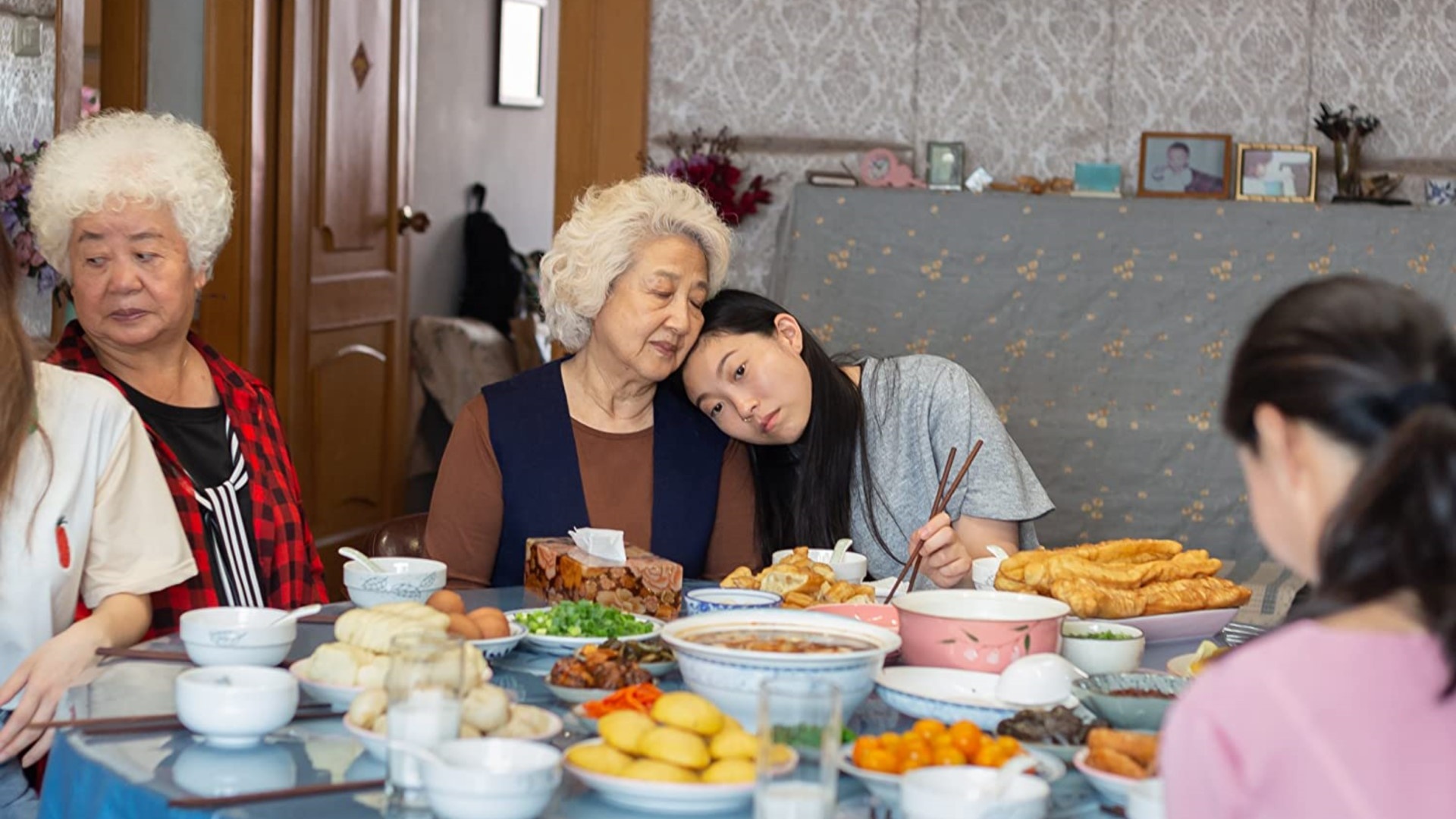
A Celebration of Family and Roots
No matter the differences in beliefs or lifestyles, Billie’s extended family unites in this reunion, bound by one thing: love for their grandmother. That’s the film’s core message—highlighting the East-West divide in thought and living, while celebrating the family traditions that define East Asian culture. Above all, it’s about parental love, the sacred, noble force that draws every child and grandchild back home, no matter how far they’ve strayed.
The Farewell is a simple, cozy film—touching and reflective. It honors East Asian values while posing open-ended questions about ideology and lifestyle in an era of cultural blending. One regret I have is that a story so rich in East Asian essence could’ve been crafted by Vietnamese filmmakers. But no—too often, Vietnamese cinema chases action blockbusters, comedies, or crowd-pleasing horror, mirroring Western trends. They overlook the everyday stories that could birth unique, meaningful films. The accolades The Farewell earned—Golden Globes, BAFTA, Atlanta Film Festival—are proof of that potential.

